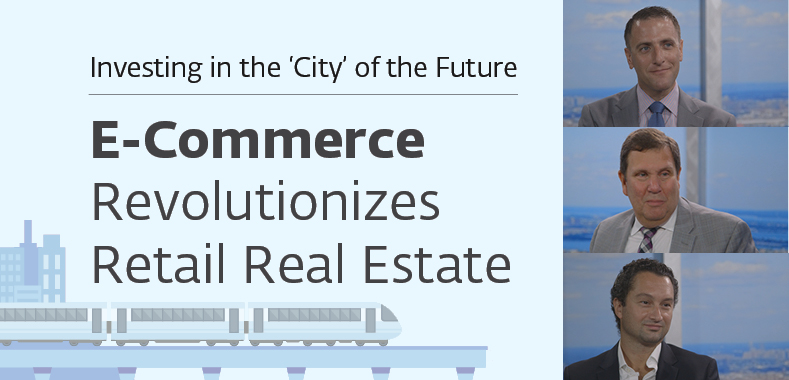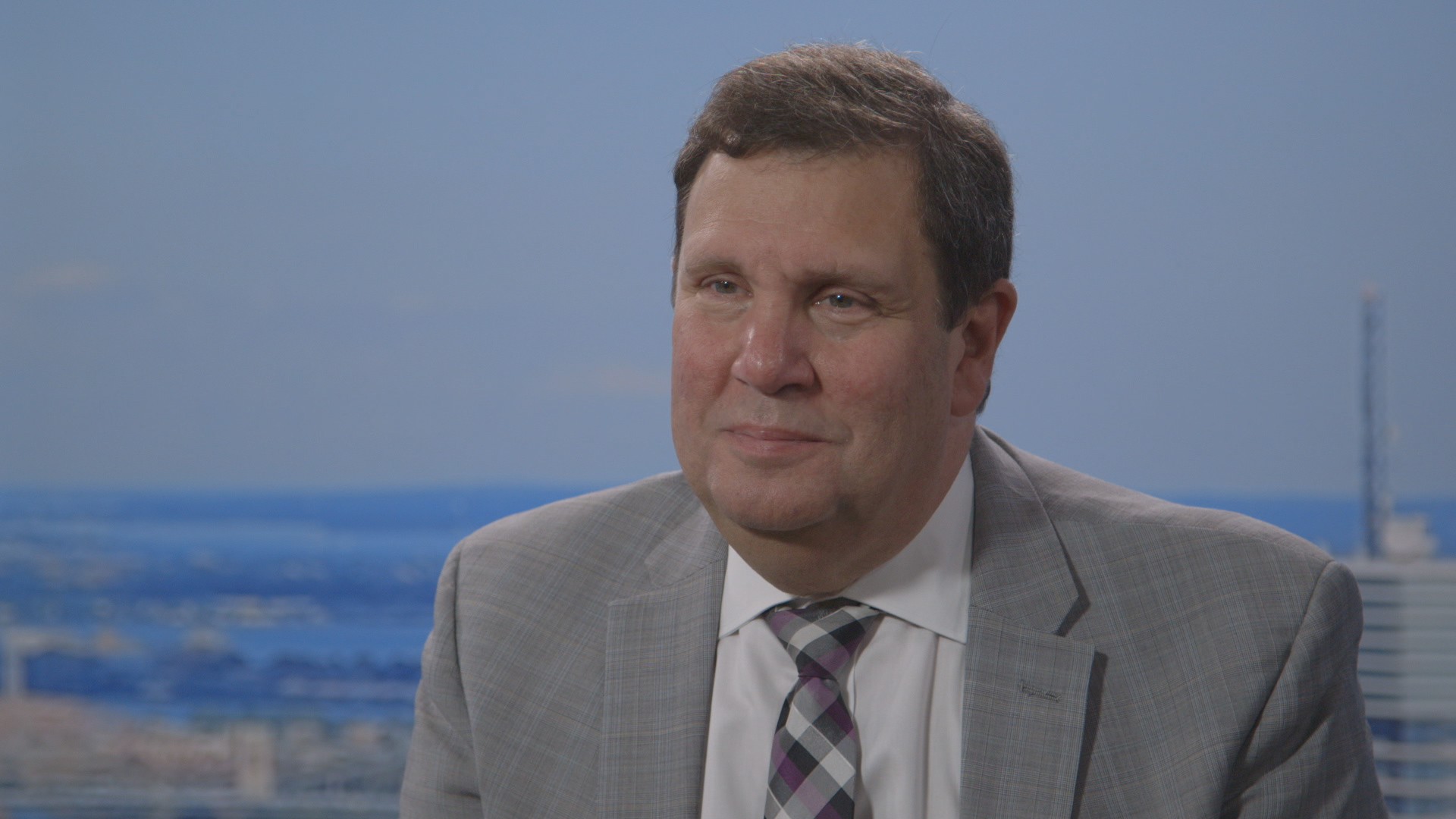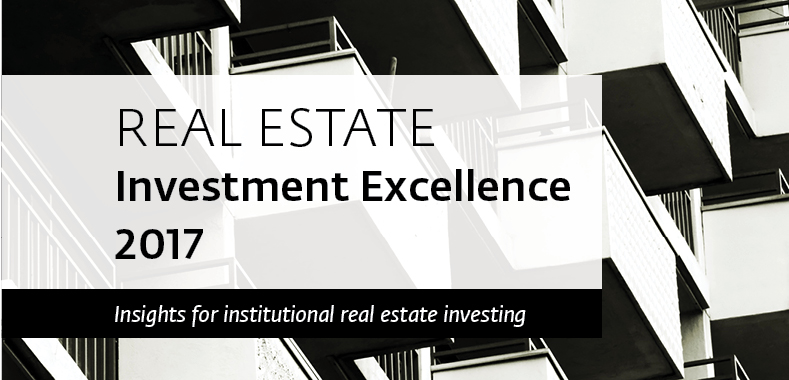Property Management Looks to the Future
Download the article here
As real estate funds look at their portfolios and tenants, whether they’re high-end office lessees or residents of multifamily apartment buildings, the future will be one of fundamental shifts
Investors can see the future and value of property management, and how it can create and add value to portfolios and tenants. Investors recognize that the difference in a highly competitive marketplace is the quality, business focus, and strategy of their property management team. As we head toward 2020 and beyond, real estate funds and investors are making a fundamental shift from a purely asset-centric to a combined asset- and customer-centric business model, says Christopher Lee, president and chief executive officer of the consulting firm CEL & Associates.
He believes a client-centered perspective, backed up by robust professional certification, legislatively mandated green standards, increasing focus by tenants on the quality of the workplace environment, and a greater focus on what goes on inside the four walls will become commonplace.
“As offices and landlords attempt to reposition their assets to appeal to the workers and workplace of the future, technology displaces how buildings are sold, financed, leased, and managed, and the Internet of Everything redefines work, property managers will redefine their role to become more of a ‘tenant experience manager,’” he says.
Where property managers were once most concerned with the physical functions of offices and multifamily residences, he says, their responsibilities are now seen by tenants as creating and maintaining an environment that’s aligned with occupants’ values.
“Building owners want their property managers to create a setting that people want to be in, rather than one they have to be in,” Lee says. “So what is truly being managed is the whole experience of the building, not just the physical attributes of the property.” In the future, Lee contends, “it would be more accurate to describe the property manager as an enterprise or business director.”
Managers of vertically integrated funds, particularly of multifamily residential properties, say tenants are already creating momentum for that shift.
David Birnbaum, co-CEO of Griffis Residential, a Denver-based fund that owns and runs 8,000 units in Colorado, Texas, Nevada, Washington, and California, says the resident experience is a principal measure of performance.
“We employ a variety of tactics at the site level to ensure a positive resident experience,” such as incorporating mobile technology and web portals to provide smooth communication with residents on everything from package deliveries to maintenance visits. Beyond the operational level, he says, Griffis Residential has also boosted its technology for its portfolio and financial management.
“I don’t think we’re moving toward apartment buildings that are like the Amazon stores without human cashiers,” he says. “We’re trying to use technology to enhance the connection between people, not replace it.”
Chuck Leitner, CEO of the Berkshire Group, says his firm has an information technology steering committee to review and support changes on the operational and portfolio level. Real-time information management is now an expectation of residents of Berkshire’s approximately 24,000 units, as well as of investors in its funds.
“I think we’re seeing technology affecting both property and investment management,” he says. “We continue to invest a great deal in it, and it’s part of how we add value.”
As real estate funds look at their portfolios and tenants, the future will be one of fundamental shifts.












